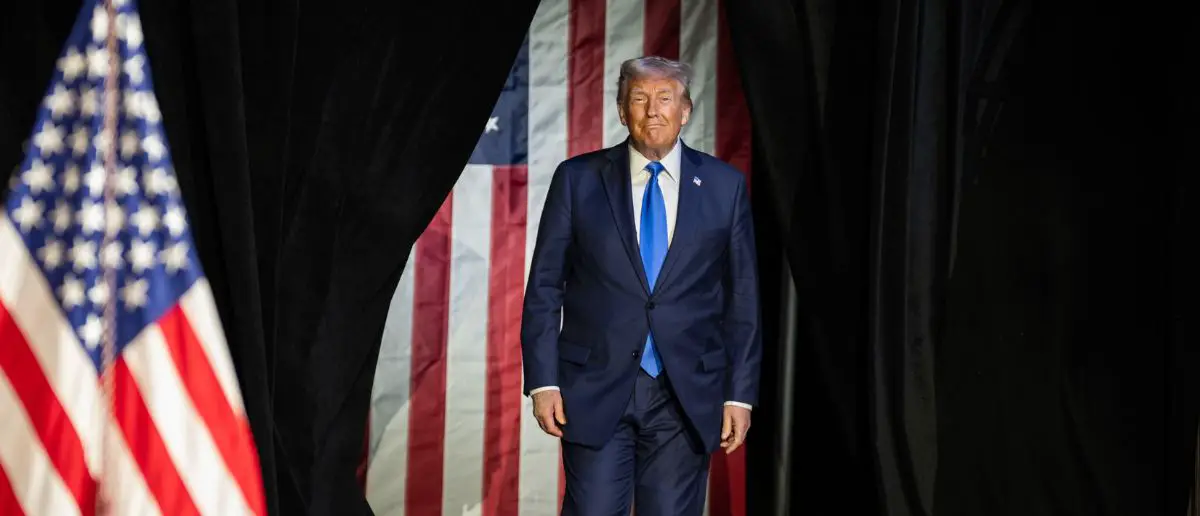
The situation in D.C. is chaos. And it only seems like it’s going to get worse.
Now a White House impersonator set off a massive FBI investigation.
A Deceptive Impersonation Campaign
In recent weeks, an unidentified individual has been posing as Susie Wiles, sending text messages and making phone calls to prominent figures, including Republican lawmakers and business executives.
The Wall Street Journal reported that the imposter, leveraging artificial intelligence to mimic Wiles’s voice, even requested a cash transfer in one instance. One text from the person claiming to be Wiles asked a lawmaker to compile a list of individuals who could be pardoned by President Trump.
Recipients grew suspicious due to the messages’ origins from unfamiliar phone numbers, their overly formal tone, broken grammar, and questions about Trump that Wiles would likely already know.
Wiles has informed associates that her personal cellphone contacts were compromised, urging them to ignore the fraudulent messages, some of which were sent as recently as two weeks ago when she and Trump were in the Middle East.
FBI’s Response and Cybersecurity Alert
The FBI has confirmed it is investigating the impersonation scheme and does not currently suspect a foreign nation’s involvement. FBI Director Kash Patel told the Journal, “The bureau takes all threats against the president, his staff, and our cybersecurity with the utmost seriousness.”
He emphasized, “Safeguarding our administration officials’ ability to securely communicate to accomplish the president’s mission is a top priority.”
On May 15, the FBI issued a warning about an “ongoing malicious text and voice messaging campaign” targeting current and former U.S. officials since April, using techniques known as smishing (text-based scams) and vishing (voice-based scams) to build rapport and access personal accounts.
While it’s unclear if this warning directly addressed the Wiles impersonation, it highlights the threat of such tactics.
The White House emphasized its commitment to staff cybersecurity, with a spokeswoman stating, “The White House takes the cybersecurity of all staff very seriously, and this matter continues to be investigated.”
Context of Prior Security Breaches
The impersonation follows a reported hacking of Wiles’s email account by Iranian operatives targeting the Trump campaign during the 2024 presidential election, leading to the indictment of three members of Iran’s Islamic Revolutionary Guard Corps (IRGC) in September 2024.
The current scheme’s use of AI to replicate Wiles’s voice marks a sophisticated escalation, raising concerns about the vulnerability of high-profile officials’ communications.
The FBI’s ongoing investigation aims to uncover the perpetrator and their objectives, which remain elusive.
The White House and FBI have not yet responded to additional inquiries from the New York Post, but the incident shows the growing challenge of combating advanced cyber threats in political spheres.





